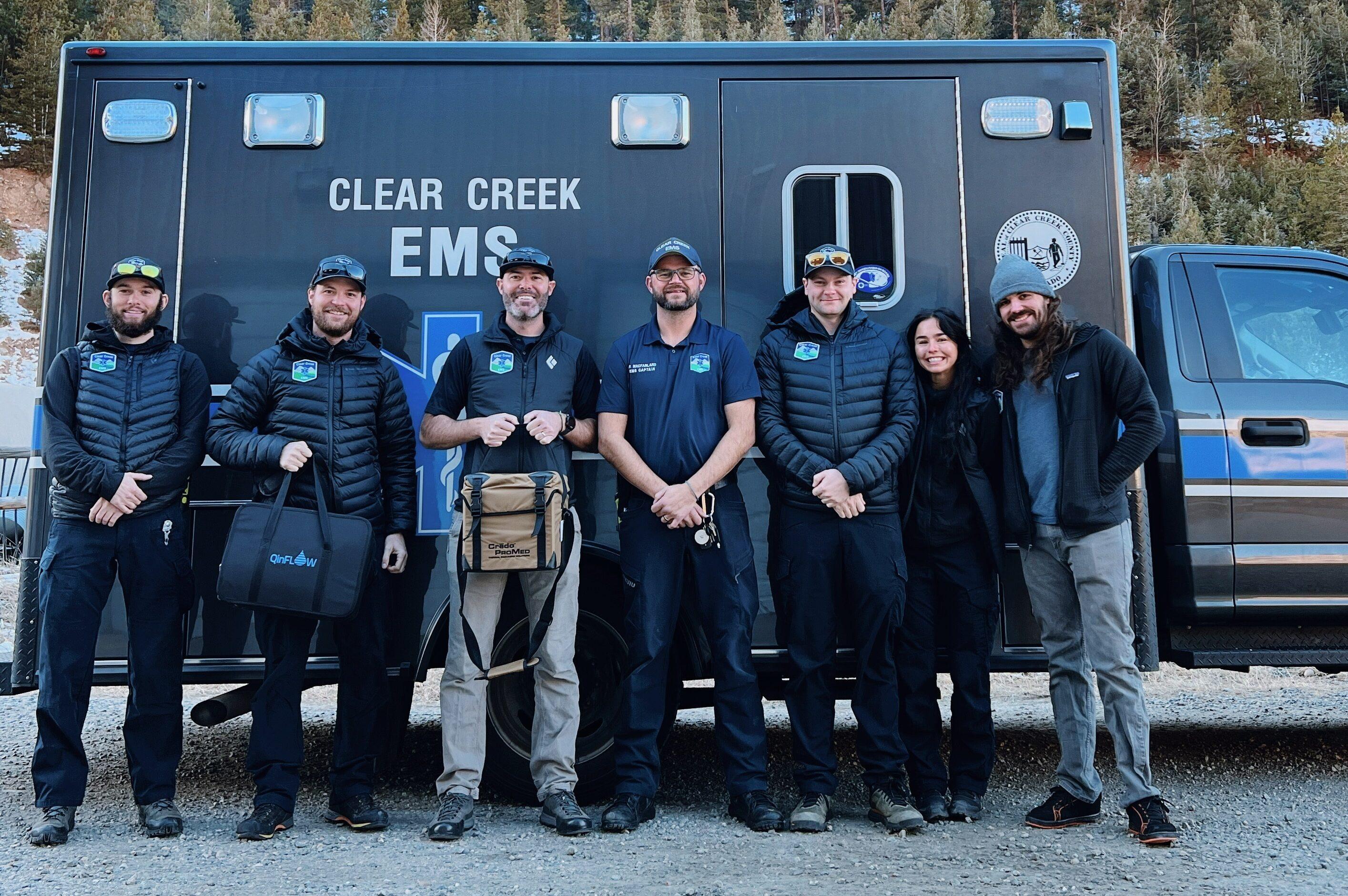President Trump said Wednesday he could send up to 15,000 troops to the U.S.-Mexico border, which would surpass the number of soldiers currently stationed in Afghanistan.
Speaking to reporters as he left the White House for a campaign rally Wednesday night in Florida, Trump said the number of military personnel on the border "will go up to anywhere between 10,000 and 15,000 military personnel on top of the Border Patrol, ICE, and everybody else at the border."
The current number of troops deployed to the border is 5,239, the head of Northern Command, Gen. Terence O'Shaughnessy, said on Tuesday. He said that number would likely grow even larger. A contingent of 2,092 National Guard members are already stationed at the border.
That total alone is roughly equal to the number of U.S. troops remaining in Iraq and Syria.
The president's announcement comes as the midterm elections next week are widely viewed as referendum on his administration. Trump has made it clear that he will make his anti-immigration policies a key issue in the elections.
The original plan to send about 5,000 troops to the border was announced Monday. On Tuesday, Trump said he's considering changing the 14th Amendment to the U.S. Constitution by executive order in order to deny citizenship to people born on U.S. soil. In his remarks Wednesday, Trump repeated his threat to cut off foreign assistance to Central American countries whose people have joined the caravan of migrants moving north to the U.S.
Earlier in the day, Defense Secretary Jim Mattis, speaking at the Pentagon, was asked whether the troop deployment was a political stunt as some critics allege.
"The support that we provide to the secretary for Homeland Security is practical support based on the request from the commissioner of Customs and Border [Protection], so we don't do stunts in this department," said Mattis. He also compared the mission to what the Defense Department might do after a natural disaster.
"We do this following storms, we do this in support of the Department of Homeland Security. This is a different aspect of it, but that's what we are doing," he added.
9(MDEyMDcxNjYwMDEzNzc2MTQzNDNiY2I3ZA004))








